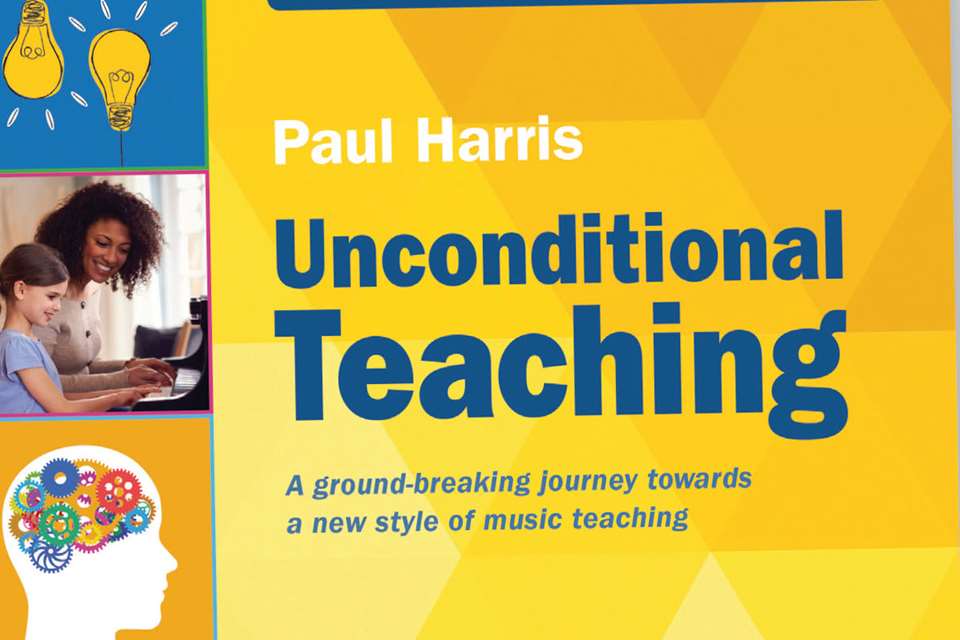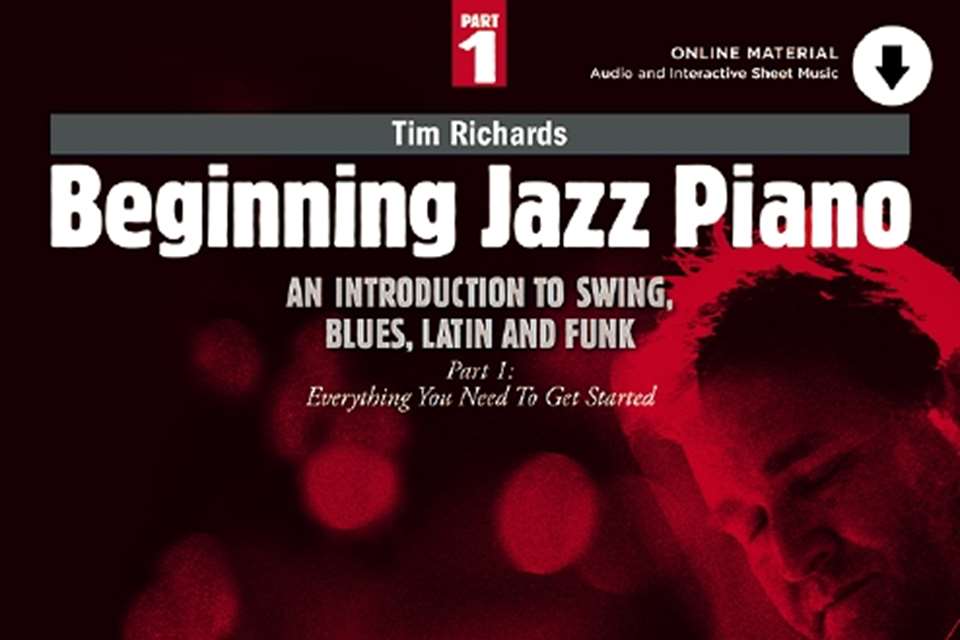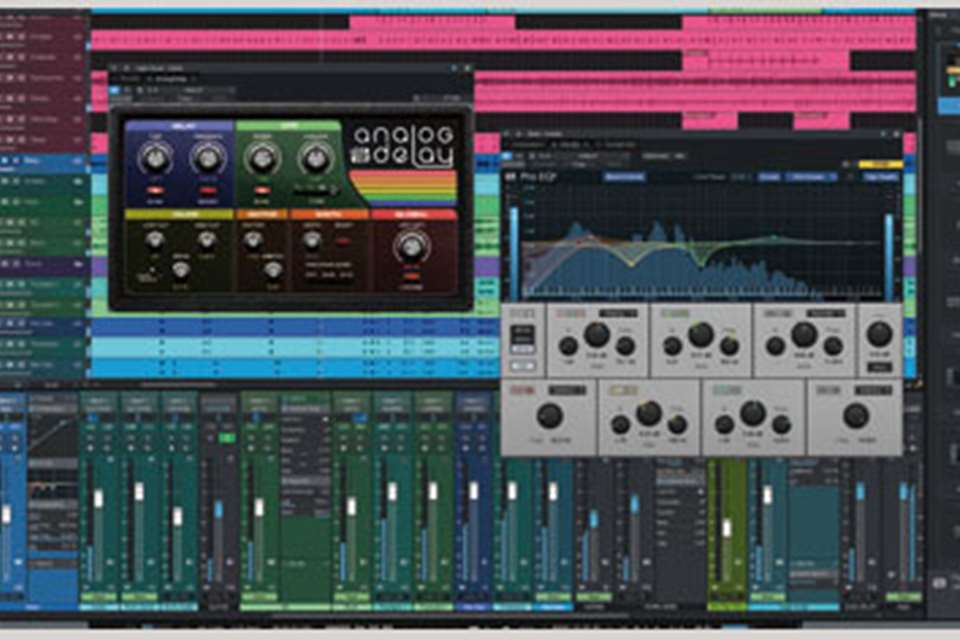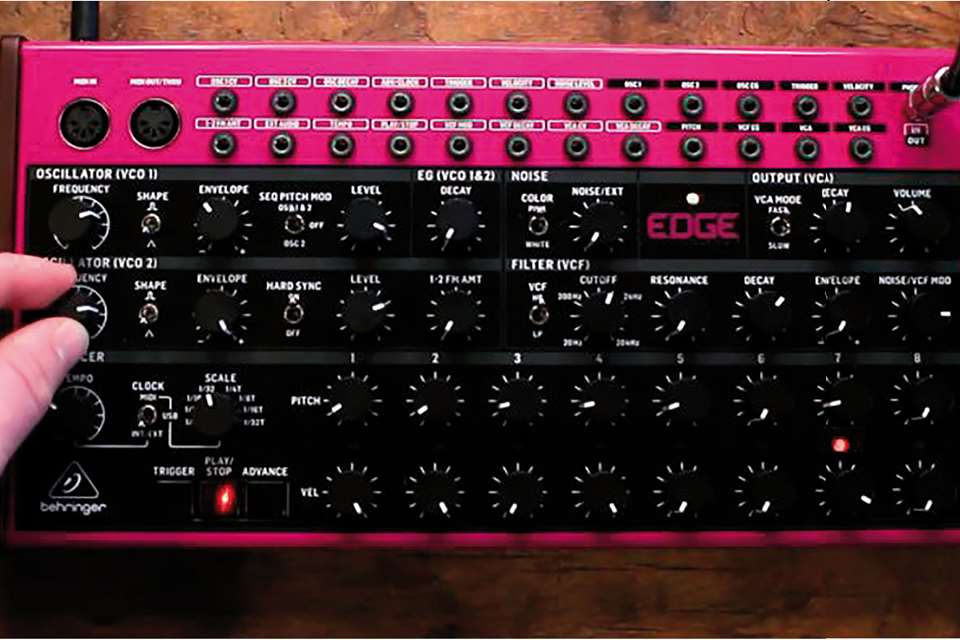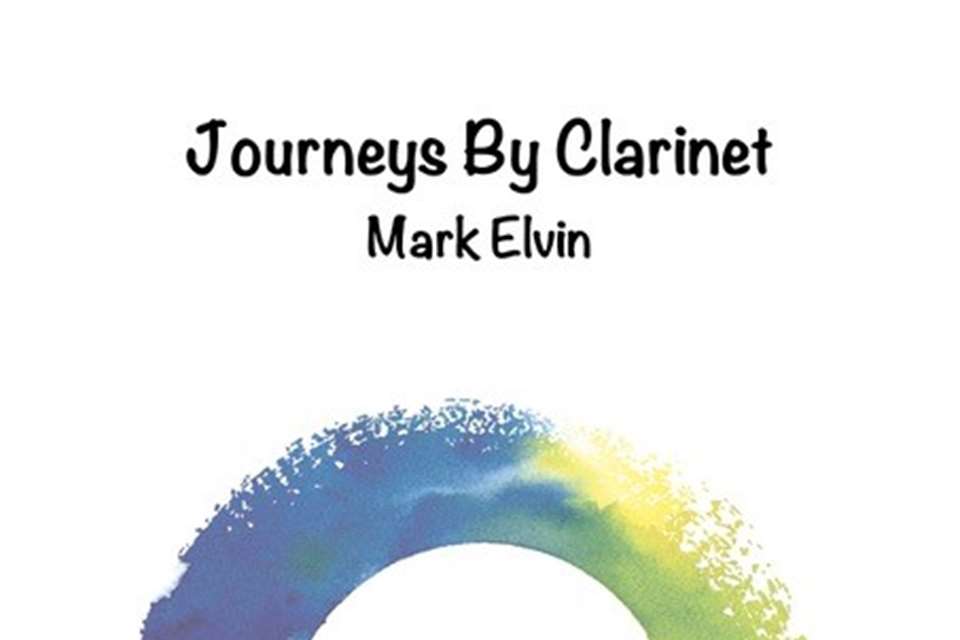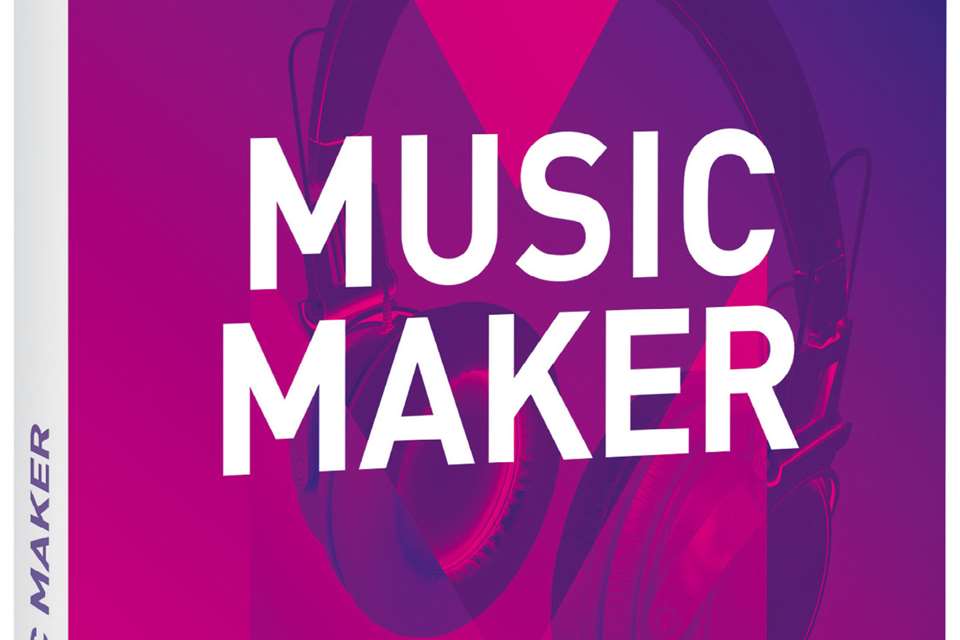Book Reviews: Melodic Decoder
Naomi Yandell
Friday, April 1, 2022
Naomi Yandell takes a look at the Melodic Decoder book collection for young musicians learning ABRSM Grade 1-4 music theory, written by Alison Wood and Shona Newey.
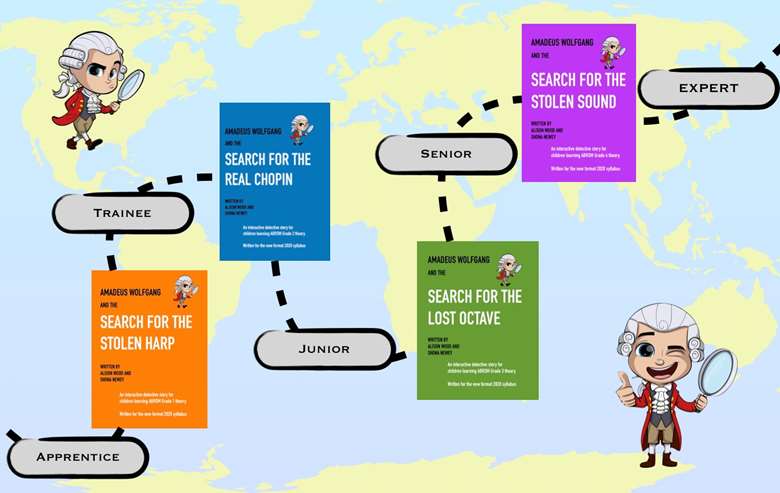
These days, when even the teaching of music theory is seen as controversial in some quarters, those teachers who want to teach it are always looking to make the subject more attractive to their students. Alison Wood, a lawyer and keen amateur musician, and Shona Newey, a secondary music teacher (with experience in the primary sector too), have co-authored Melodic Decoder to gamify the process.
To do so they have invented Amadeus Wolfgang, a wily sleuth who leads the student through each section of the ABRSM Music Theory syllabus (Grades 1–4), with crosswords and puzzles along the way. The answers to these help the student to ‘decode’ what they have learnt to solve a mission (Search for the Stolen Harp, Search for the Real Chopin, Search for the Lost Octave, and Search for the Stolen Sound).
Each book, in colour, is set in a different city, and there are a number of quirky background facts about each city to be found on the website. Amadeus Wolfgang explains each part of the syllabus (‘Amadeus explains’). This is followed by an activity to test understanding, which may be a crossword, or an amalgamation of correct answers forming a ‘clue’ to take the student forward to the next section. The answers are given at the end of each book.
Once the student has solved the book's mission, they become an Apprentice, Trainee, Junior, or Senior Decoder, depending on the level of the book, and are pointed to the website to answer a quiz on stage-appropriate music. This takes the form of multiple-choice questions.
Board games to consolidate understanding (currently Grades 1 and 2 books only) are available to buy for £3.99 from the website, and there are a few free bite-sized explainer videos on aspects of music theory, with more promised.
Creative ways to get students to engage with music theory are to be valued because understanding builds from many varied angles, depending on the student. However, a few quibbles: for a series billed as interactive with website support there is very little aural element to it, even to encourage students to play the melodies/music on their instruments. Also, as the explainers get longer, the layout of the books gets rather crowded in places. I imagine, too, that with a target age range of 9+, many students won't want (or be allowed) to share their quiz results via Twitter or Facebook.
These issues aside, this resource is likely to pique the interest of the more literary music theory student.
The Melodic Decoder books are £7.99 each, or £28.76 for all.


